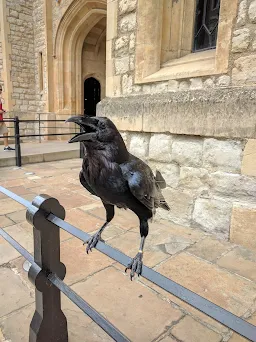Familiarity with the work of B. Kliban is fading fast; which is a damn shame. He was one of wildest minds and most influential cartoonist of the 70s and 80s till his death at 55 of a pulmonary embolism. He entertained us with such collections as Cats, Never Ear Anything Bigger Than Your Head, and Whack Your Porcupine. When Gary Larson's The Far Side gained notoriety, Kliban fans knew we were getting toned-down Kliban; Larson acknowledged his influence.
This is my favorite B. Kliban cartoon. So much so that years ago when I lived in Houston with my friend the Rainbow Trout, I reproduced it on one of the walls. I don't think we got our deposit back on that apartment.
It strikes you as laughably simple, right? a man is working on a 4-piece puzzle of a yin-yang symbol. He appears to be giving it far more thought than necessary. His brow is furrowed. Ha-ha, dumb guy, right?
But think about it for just a second. Don't we constantly overthink, making mountains out of molehills, second-guessing ourselves, making the simple difficult?Now look at it again on a yet another level. He's contemplating how the elements if the yin-yang symbol mesh. Yin-yang is a powerful, highly complex symbol.
Two opposing forces: active and receptive, male and female, before and behind, light and dark. The duality of nature.Yet are the two forces opposing each other or chasing one another, alternating? And each force contains the embryo of the other, each giving birth to each other: the oneness of nature. One might well hesitate over such a conundrum.
So the moral of the story (yes, there's a moral) is: when you're writing, don't get caught up with the simple or obvious. But realize that few things are simple or obvious.








